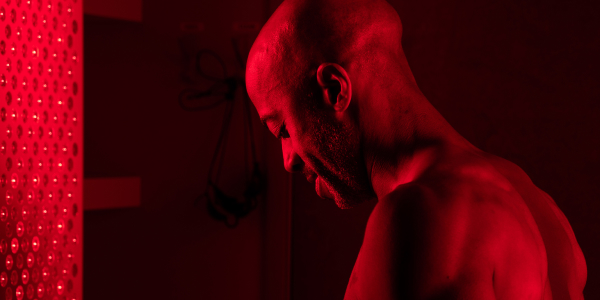It’s almost the new year, and with that comes celebration. For many people, that involves some form of drinking alcohol, including the traditional toast at midnight on New Year’s Eve. But recent scientific discussions, including a Huberman Lab podcast focused on alcohol’s effects on the body, demonstrate that complete abstention from drinking alcohol might ultimately be the best way forward. Here are three prime reasons you might want to avoid alcohol while celebrating.
Metabolizing Alcohol is Tough On The Body
Alcohol is both water soluble and fat soluble. That means when you drink alcohol, it can pass into all of the cells and tissues in your body. When you ingest alcohol, NAD and related biochemical pathways are involved in converting ethanol into acetaldehyde, and high levels of acetaldehyde make drinking unpleasant, resulting in facial flushing, nausea, and a rapid heart beat.
The body deals with that problem by using another component of the NAD biochemical pathway to convert acetaldehyde into acetate. Acetate is something your body can actually use as fuel, but that process of breakdown involves the production of a toxic molecule.
And if your body can’t manage the conversion fast enough, acetaldehyde, that toxic molecule which is considered a probable human carcinogen, can build up and cause more damage in your body, especially with regards to cells within your liver.
“The key thing to remember here is, when you ingest alcohol, you are ingesting a poison, and that poison is converted into an even worse poison in your body, and some percentage of that even worse poison is converted into calories that you can use to generate energy,” says Huberman.
Alcohol Negatively Affects Sleep
Alcohol is often considered a sleep aid. Many think that it’s tougher to fall asleep without at least 1-2 drinks a night, but because alcohol is a sedative, it’s essentially trying to “knock out your cortex,” says Dr. Matthew Walker, professor of neuroscience and psychology at the University of California, Berkeley and is the author of the New York Times bestseller, "Why We Sleep.”
“It’s sedating your cortex, and sedation is not sleep,” he continues. Essentially, if we think we need a few drinks to fall asleep, we’re mistaking sedation for sleep (which would characterize the majority of my 30s.) You don’t fall asleep fast, you lose consciousness quicker. But you’re not naturally falling asleep quicker.
Alcohol also fragments the quality of your sleep. It will cause you to wake up more, causing a downturn in the amount of light, deep and REM sleep you receive each night. And that brings up another negative effect of alcohol: It causes a decline in the amount of REM sleep, which is responsible for a number of cognitive functions, learning and memory. Walker has also described REM sleep as “emotional first-aid,” and if we lose that on top of getting less sleep, it’s possible that our emotional sensitivity can become heightened because of drinking alcohol. Sound familiar?
Alcohol Causes Dehydration
Alcohol dehydrates you because it is a diuretic, which causes the body to increase the amount of water and salt expelled from the body as urine at a much quicker rate than other liquids. And typically, while we’re out on the town drinking, we’re not counteracting the loss of water and electrolytes due to drinking.
Additionally, alcohol also reduces how much vasopressin (an antidiuretic hormone) your body produces. Vasopressin causes the body to hold onto water, which typically limits how much urine your kidneys make. The action of suppressing this hormone exacerbates the diuretic effect and leads to dehydration.
If you do intend to drink, and wish to avoid the risk of dehydration, consider visiting your nearest Restore Hyper Wellness for IV Drip Therapy. IV Drip Therapy may help hydrate you, as well as replenish nutrients you’re low on. In addition to dehydration, vitamin deficiencies are also widespread. Helping to re-create your inner balance by replenishing your individual vitamin deficiencies can go a long way to helping you look and feel your best. Additionally, IV Drip Therapy may help boost natural defense systems and support the function of joints and muscles.
However you plan to spend your New Year’s Eve, stay safe and happy new year from Restore Hyper Wellness!
Curious about IV Drip Therapy at Restore? We can help get you started.



.jpg)


